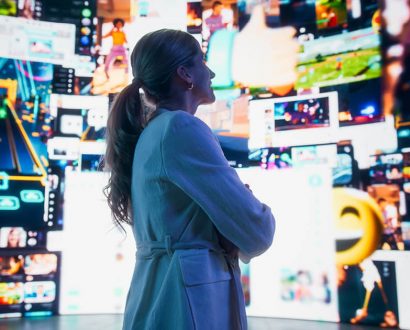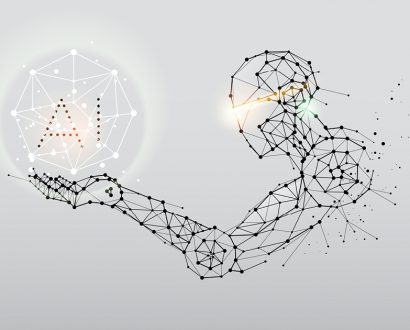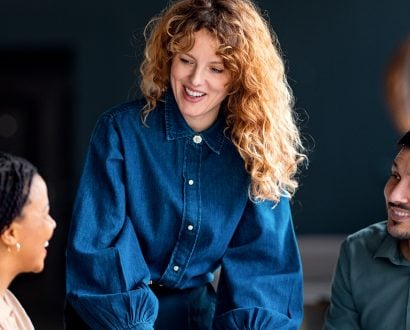It’s time to re-imagine which cognitive skills best suit the new demands of our rapidly changing digital world, because keeping up with the volume and velocity of technological change requires a higher level of mental agility, flexibility and creativity.
The competitive advantage
The single most important asset in the digital age is us. It is humans who will design the new technologies, and then restore and repair them when they malfunction.
Beyond that, our cognitive advantage includes the ability for critical thinking, curiosity, imagination, collaboration and adaptability.
Adapting to a brave new world
As the workforce shrinks, employees will be expected to manage more complex tasks with less supervision. Remaining adaptive and effective in a more autonomous role will require continual learning to upskill and remain up to date. Thankfully, the plasticity of our brains, which we retain throughout our lives, enables us to be lifelong learners.
With five different generations currently in the workforce, the onus is now on how to bring everyone up to speed with the necessary digital skill sets.
This is where seeking out commonalities, a culture of shared values and beliefs, and a strong sense of purpose will assist in ironing out intergenerational differences. The traditional view of the importance of age and experience no longer holds true when it is the younger cohorts who have the advantage of greater technological skills.
Fit for purpose
Mental agility is knowing when and how to shift gears to keep pace with the inflow of information.
This is can be achieved by maintaining a high level of brain fitness that provides clarity of thought, effective learning, problem solving and smart decision-making. By incorporating the need for self-care, emotional regulation and compassion, and adhering to healthy lifestyle choices, this addresses our physiological and psychological needs, so we can operate as the best versions of ourselves physically, mentally and cognitively.
Improving decision-making with critical thinking
Information overload puts us at risk of increased stress and poor decisions. This is because our working memory has limited capacity, which when exceeded leads to the brain effectively switching off access to the prefrontal cortex, the area used for logic, analysis and reasoning.
Which is why critical thinking is essential to the effective filtering and validation of incoming data.
What do we mean by critical thinking? There are a number of definitions, but it can be most easily described as our ability to think about our thinking while we are thinking, in order to change our thinking.
The question is how can this skill set be best acquired and refined?
It can be readily learned, which is especially relevant as the younger generations continue to climb the corporate ladder into more senior managerial roles that require sound decision-making.
Having time to think involves taking time out from focused attention to think quietly, deeply and reflectively. This helps us to make better sense of the information at hand, create more insights and develop new ideas.
With two access routes to cognitive problem solving available, it makes sense to make use of both, especially as getting bogged down in focused logic and analysis doesn’t always facilitate finding the easiest or best solution.
Harness curiosity to foster new ideas
This is about staying curious to what’s possible while remaining open to the risk of failure. Identifying failure early enhances cognitive adaptability by limiting the extent of any adverse outcomes and facilitating learning from mistakes. The greater the number of ideas tried, the greater the probability that some will succeed.
Create real connection
The greatest advantage of the digital era will be the human capacity to create strong relationships with others. This nurtures a sense of belonging that motivates engagement, provides the opportunity to share ideas and solutions in a safe and supportive environment, and enables all at work to thrive.
Remaining in the status quo is no longer an option. In a rapidly changing and advancing digital landscape this is tantamount to running backwards.
This is why re-imagining our future starts with acknowledging we already have the greatest asset needed for future growth and success.
The next big thing is, and always has been, being human.







